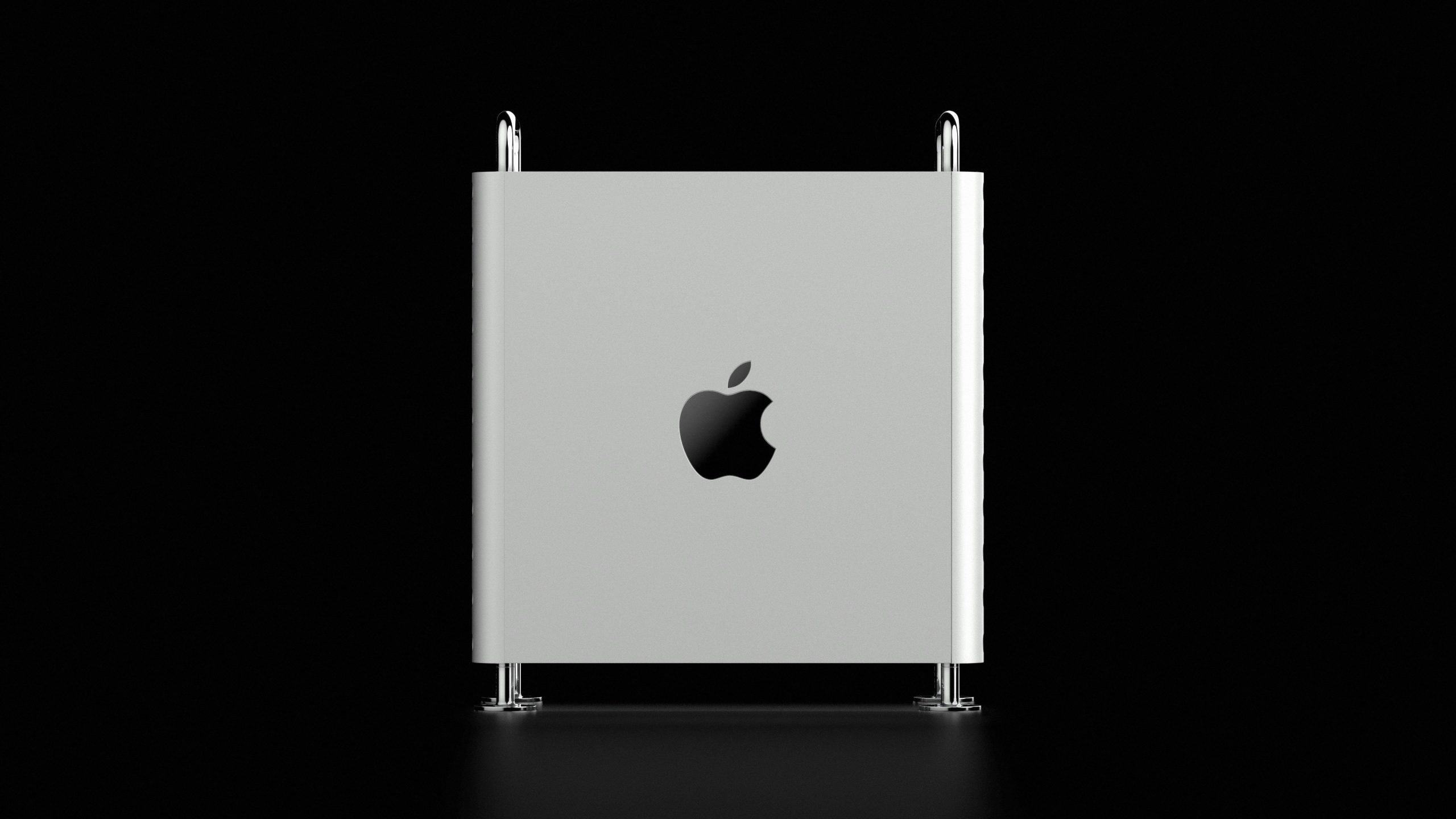What would an AI with anxiety look like?
Exploring the Concept of an Anxious AI: A Journey into Artificial Overthinking
As artificial intelligence technology continues to advance, a fascinating question arises: What would an AI grappling with anxiety look like? This inquiry was reignited for me recently with the introduction of new models that exhibit a more deliberate approach to their responses. It reminded me of a creative project I embarked on during a workshop focused on Creative AI: the concept of “Artificial Overthinking.”
The premise of this exercise was both whimsical and thought-provoking. It revolved around the idea that human cognition is often marred by overthinking, which can lead to a state of “analysis paralysis.” This begged the question—if we engineered an AI that mirrored this tendency, how would it behave? What kinds of interactions would emerge if an AI hesitated, doubted, and second-guessed its responses?
The outcome was intriguing, resulting in an AI that possessed a blend of both admirable and detrimental human traits. This embodiment of overthinking highlighted how the complexities of human emotion and cognition could, in theory, be simulated in a machine. Just as humans can experience the struggle to reach decisions due to excessive pondering, this AI would find itself trapped in a cycle of uncertainty.
This exploration provokes a deeper reflection on the nature of both intelligence and emotion, challenging us to consider the implications of an indecisive machine in decision-making scenarios. Could such an entity provide a unique perspective, or would it be hampered by its own self-doubt?
I invite you to share your thoughts on this unconventional concept. How do you see the intersection of AI and human-like anxieties shaping the future of technology?














Post Comment